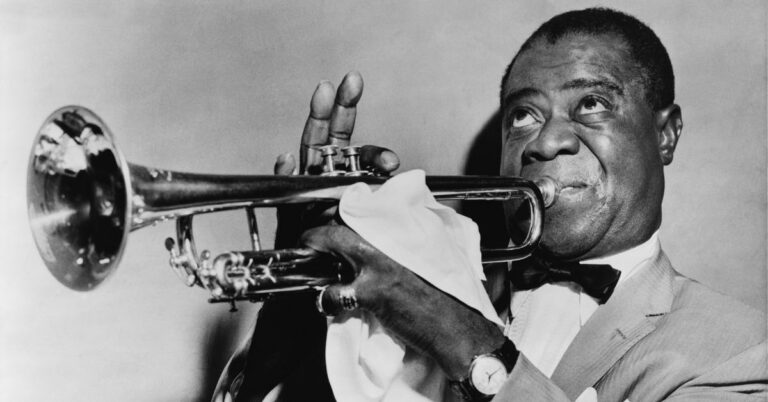The word “avatar” has become increasingly popular in recent years, particularly within the context of technology and gaming. However, the word has a long and complex history, with origins that can be traced back to ancient Hindu mythology. In this article, we will explore the history of the word “avatar,” from its earliest usage to its modern-day connotations.
The Origins of the Word “Avatar”
The word “avatar” originates from the Sanskrit word “avatara,” which means “descent” or “coming down.” In Hindu mythology, an avatar is a deity who takes on human form in order to interact with the mortal world. The concept of the avatar is central to Hinduism, with ten major avatars recognized within the tradition, including Krishna, Rama, and Vishnu.
Over time, the concept of the avatar has been adapted and modified by other cultures and religious traditions. In some contexts, the term has been used to describe a teacher or spiritual leader who embodies the teachings of a particular faith. In other contexts, the term has been used more broadly to describe a person who represents or embodies a particular idea or belief.
The Evolution of the Concept of “Avatar”
In the modern era, the concept of the avatar has taken on new meanings and connotations, particularly within the context of technology and gaming. In these contexts, an avatar is often used to describe a digital representation of a person within a virtual world. This can take the form of a character in a video game, a profile picture on a social media platform, or an online persona in a virtual community.
The significance of the term “avatar” in these contexts is rooted in its origins as a representation of a deity or spiritual concept. The idea of creating a digital representation of oneself or an idealized version of oneself can be seen as a modern-day manifestation of the concept of the avatar, reflecting the human desire to connect with something greater than oneself.
The Significance of the Word “Avatar”
The word “avatar” has played a significant role in shaping cultural and religious beliefs throughout history. In Hinduism, the concept of the avatar is central to the understanding of the divine and the relationship between the mortal and the divine. In modern times, the word has taken on new meanings and connotations, reflecting the ongoing evolution of human culture and technology.
As a concept, the avatar represents the human desire to connect with something greater than oneself, whether that be a deity, a spiritual ideal, or a digital representation of oneself. Whether used in a religious or secular context, the word “avatar” serves as a powerful reminder of the human longing for connection and meaning in an increasingly complex and fragmented world.
Conclusion
The word “avatar” may have ancient origins rooted in Hindu mythology, but its significance has evolved over time to encompass a broad range of cultural and technological meanings. Whether used to describe a spiritual leader, a digital representation of oneself, or an idealized version of oneself, the concept of the avatar reflects the human desire to connect with something greater than oneself. As such, the word “avatar” remains a powerful symbol of the ongoing evolution of human culture and the enduring quest for meaning and connection.













